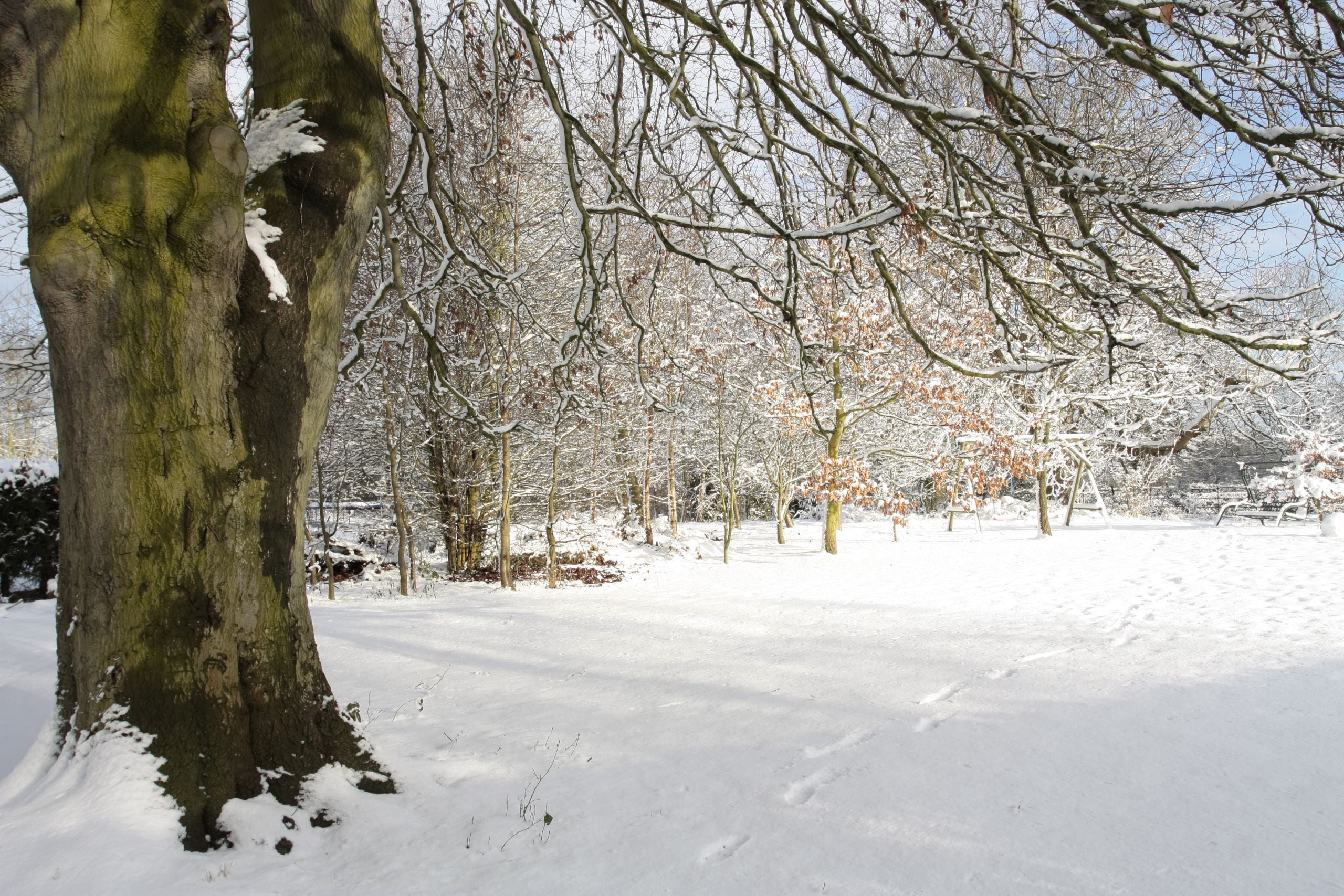Trying to get frozen fingers to fit tough frames is not many people’s idea of fun. Aside from the discomfort, there’s an increase in the potential for getting hurt.
Whether it’s PPE or slip hazard signs, speed limits or first aiders, safety is now ingrained in British working life.
It’s over 40 years since the Health and Safety at Work Act came into law, and not only has it helped make Britain one of the safest places in the world to work, it’s also given rise to the Health & Safety Executive. The HSE are the body responsible for the regulation and enforcement of safety at work and pay close attention to conditions, such as those at the mercy of the UK weather, and the impact on their health.
It’s not just the stress of the cold or the impact on a person’s effectiveness that needs to be considered too, but the long term impacts and risk of increased accidents. One way to combat the problem is regular breaks and facilities to have hot drinks or snacks.
In fact, the HSE produce their own thermal comfort checklist, asking a number of questions such as “Is cold or warm air blowing directly into the workspace?” and “Is the workplace affected by external weather conditions?” about which it suggests if the answer to more than one is “yes” a more detailed risk assessment may need to be carried out.
One way to avoid the problem altogether is by fitting secondary glazing. Established in 1992, Granada Secondary Glazing specialises in discreet aluminium systems that radically improve both acoustic and thermal performance.
The Dinnington-based manufacturer has seen a growth in demand for its products as commercial and residential customers alike see the benefit in retaining existing frames, whilst adding a low-cost additional barrier to the elements.
For installers, the benefits are clear. The primary windows stay put so everything remains indoors and there’s none of the downsides to working in the wet or cold. For customers, secondary glazing often provides a solution to an issue that’s been festering for months and years.
“Customers are usually looking for a way to solve a noise, draft or thermal problem,” says Granada head of trade sales, Deborah Beeley, “but often the combination takes them by surprise. Those wanting heat insulation comment on the quiet and noise insulation. Those near busy roads or train lines say the secondary glazing cuts out the noise but also increases energy efficiency.”
As an alternative, or in some cases complementary, product to primary glazing, secondary glazing helps installers and customers alike to avoid the worst of the elements.
By raising awareness of the benefits, Granada has been increasing the number of leads passed on to its nationwide network of installers. The company has also invested in new premises, technology, production and support staff, as it seeks to establish secondary glazing as a firm favourite amongst home owners.
“Knowledge is key,” concludes Deborah. “Customers want affordable prices, effective solutions and a clear ordering process. Installers are looking to know the support is there for them, and if they want to spend a little more time out of the cold, that we’re able to give them the confidence and the product range to make that happen.”
Download this handy guide to find out how secondary glazing can positively impact your home.
